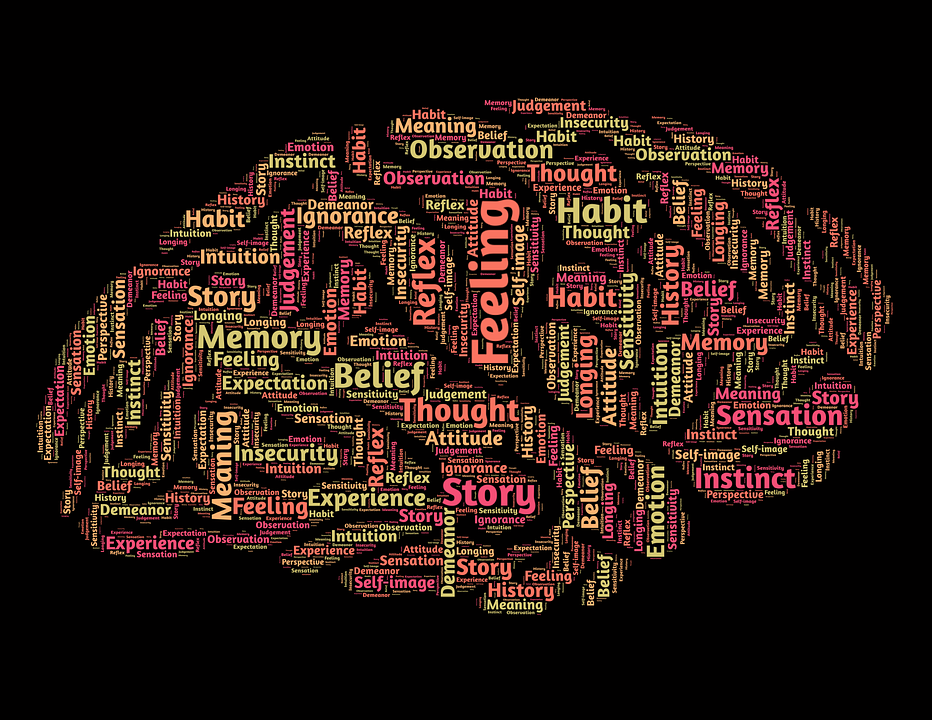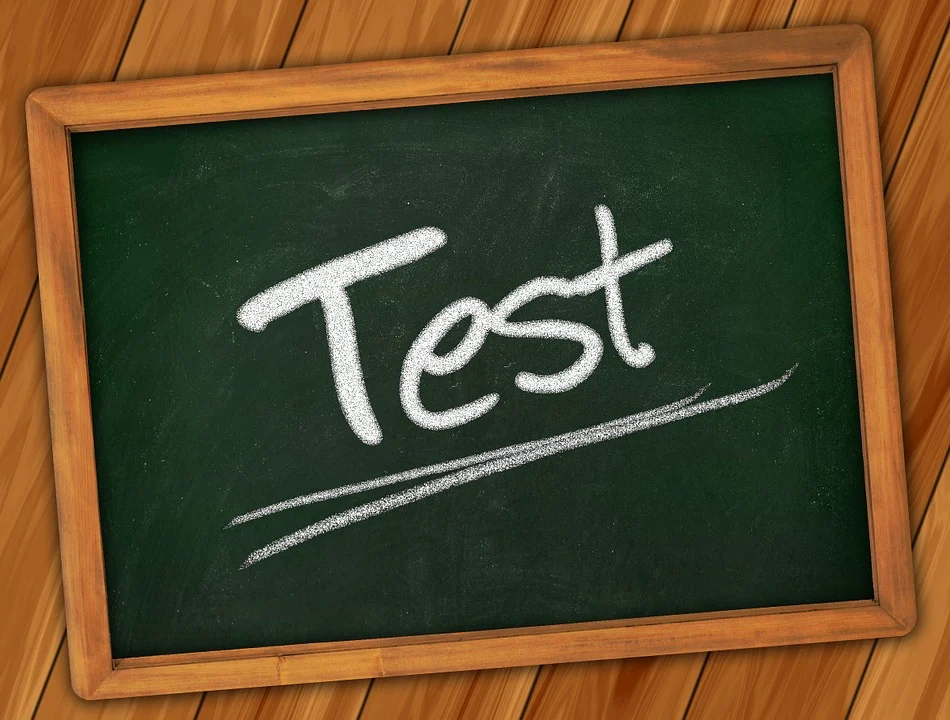Cognitive Intelligence is as important as emotional intelligence and social skills. It refers to one’s ability to reason, process virtual information, and mentally focus. It also refers to having a working memory; like when talking about IQ, it means cognitive intelligence.
How is cognitive intelligence measured?
In the world of talent acquisition, this intelligence is measured through what is called a cognitive ability test. It’s a pre-employment assessment used to measure a very important cognitive skill.
These tests are almost always part of the screening process of many human resources departments in recruiting and selecting new candidates. They can help them identify the better candidates who have the intelligence aside from skill suitable to take on the job. They can also aid in speeding up the recruitment system of one’s organization.
Thanks to technology, organizations can now make use of these screening exams when assessing candidates to fit their system and overall company culture.

What does cognitive intelligence tests measure?
These recruitment assessments aim at measuring the intelligence or mental abilities of a candidate across categories. They measure how one thinks, not what they know. In the following are some significant areas that these assessment tests measure.
Problem solving: Aims at checking how well an applicant uses information in order to come up with the right decisions
Spatial reasoning: Checks how good a candidate is when it comes to understanding, remembering, and reasoning about the spatial relationships among space or objects.
Attention to detail: Aims to know how closely a candidate is paying attention to the details when trying to process new information
Critical thinking: Measures a candidate’s intelligence when it comes to solving logical problems and thinking analytically
Reading comprehension: Check at how well an applicant understands the primary messages in text
Numerical reasoning: Checks how well an applicant works with numbers
In the talent acquisition world, such tests aim at measuring an applicant’s likelihood at becoming successful and being effective when hired for the job.
But for senior positions, such intelligence tests look into the applicant’s thinking ability, how they are thinking on their feet in terms of making a complicated decision in which different variables are involved.
On the flip side, the recruitment and selection team uses such assessments in their recruitment system to identify the high potential candidates for junior roles. These people are quick to learn; however, they have not had the chance to prove anything in their role yet.

How to test cognitive intelligence?
Aside from skill and intelligence in social and emotional aspects, recruiters and human resource professionals also want to check on the job seeker’s cognitive ability. In HR, this skill is typically measured through different types of multiple choice exams. This can be in the form of math problems, reading comprehension questions, and logic puzzles, to name some.
In the recruitment system, such a cognitive test can also be designed to test and measure one’s learning and skill, like numerical reasoning and critical thinking skills. It can also be in the form of a general intelligence test that can cover a wide range of intelligence categories.
The questions included in the cognitive exams are not as hard as memorizing a theory or composed of a series of hard to learn or understand and solve math problems.
However, a cognitive exam is usually with a time limit, usually between 10 and 30 minutes in duration. Its fast pace stimulates how it is in the real world in which we need to make logical decisions – fast.
With the evolution of technology, the cognitive skill of a candidate is not just measured through pre screening exams but also by cognitive recruiting technology/system.
What is cognitive intelligence recruiting?
Just as said, cognitive is as important as social and emotional intelligence in recruiting and hiring new employees.
And thanks to technology, there is now an automation wave, which speeds up the process of recruitment and lightens up the load of the talent acquisition team. They can now take advantage of an intelligent system.
It changes recruiting, sourcing, and onboarding and makes it better. This capability in the recruiting system of one’s organization offers many benefits that teams can now take advantage of.
What is cognitive recruiting anyway? It’s the use of intelligent automation across the recruiting system or process and may include things like robotic process automation, artificial intelligence, chatbots, and virtual agents. They are automated tools, which are designed and created to learn different processes/functions to help the HR.
A few cognitive recruiting capabilities help in screening, sourcing, data gathering, and decision-making in recruitment.
Cognitive intelligence recruitment benefits
Incorporating cognitive technology in your system can offer plenty of benefits, including in areas like quality of hire, cost of hire, reduction of time-to-hire and time-to-fill, and lower turnover rate.
It can also improve your overall recruitment and selection process’ efficiency and improve the HR function and operation.
For example, it can enhance the experience of both the candidate and the recruiter, like when an applicant uploads their resume.
The cognitive recruitment system can prescreen given data and ask questions using a recruiting chatbot.
This tool can ask questions and then end the conversation at any point of the application process.
In addition, a recruiting chatbot can also be used in automating interview scheduling, reducing the workload of the HR team.
Data obtained by the chatbot can be used by the recruiting staff in making decisions. In this case, one can also cut the time to spend on screening applicants, as instead the robot assistant can do it for them.
Such chatbots can also be used in following up with the applicants post the interview process, avoiding any delays in the relaying of information.
It also cuts the time that the candidate has to spend in waiting for the results. This system also ensures that there is no delay in the communication process. Thus, it can also improve the candidate experience and make it an overall smoother one than without it.
Such technology in the recruiting and hiring team can be included in many touchpoints. It can keep the applicants engaged while the hiring team is making a decision. Such a system can also ensure that the candidates are invited on time for any necessary subsequent interviews.

Cognitive recruiting aids in analyzing data for recognizing patterns
A cognitive system can aid recruiters in recognizing any patterns. It can compare the data of the candidates to your specific talent management data. This will help in determining the candidate’s learning and identifying their likelihood to succeed when hired for the job.
How? For instance, this cognitive process can make use of the profiles of high potential employees being the basis from which to compare the interview results and application of another candidate.
In this case, the candidates with the similar education and particular skills may be the high-potential employees. They can rank higher with the process of recruitment.
Cognitive recruiting can assist the HR team with strategic sourcing
The cognitive processes are taught to learn how to proactively interact with your talent pool candidates. They can help in ensuring that important positions do not remain vacant for a long time; thus, reducing the time-to-fill.
For instance, such cognitive tools with intelligence to function like human recruiters can send text messages to passive candidates to ensure that they aren’t disengaged. These cognitive processes can also scan the web for candidates possessing the capabilities and skills that match the job requirements. Eventually, they can invite candidates to apply for the posted job.
Cognitive technology allows your team to build candidate relationship
Using a cognitive process, your recruitment staff can instead devote more time in developing and building candidate relationships other than doing repetitive HR tasks, such as pre screening resumes or scheduling interviews.
They can also remove data entry and transactional tasks on their plate; thus, they can better focus on establishing and maintaining good relationships with your active and passive candidates. Your team can also focus on determining a candidate’s fitness into your organizational culture.
Can cognitive recruiting support the goals of your organization?
Before implementing the system into your organization, you must ask if it will help your company address its different problems, such as an inefficient candidate selection process, long time consumed in recruiting, limited recruiting resources, and so on.
The intelligence tools can be designed in order to optimize and then eventually improve the processes that are tied to these problems. You must consider if these cognitive recruiting technologies will help you achieve the goals of your organization, such as hiring the right people and finding and engaging with passive candidates.
Before implementing cognitive recruiting into your recruiting and hiring system, you must also think about the metrics to measure. This will help you measure the success of the initiative of using it in your organization. A few of these include offer acceptance rate, time to hire, time to fill, response rate, turnover, and retention rate, among others.
Very importantly, should you implement it in your current system? To implement it end-to-end in recruiting may be the better way to go than to forcing it into your existing technology. Why? Finding patterns can be much greater if you would build the process from the start to the end of the entire system. It will also make the experience smoother for your team and the candidates.
In addition, you should determine if the cognitive intelligence is aligned with the current legal requirements, or does it comply with the law?
For example, your organization should still be compliant with the employment laws that exist as well as it will still be ultimately responsible for these laws and be held liable for any decision made about this type of recruiting. Thus, you must consider consulting the experts in labor relations and legal law before implementing a cognitive recruiting system into your organization. This must be done to ensure compliance.
Next Steps…
AI paves the way for a newer technology like cognitive intelligence recruiting. So aside from cognitive ability tests that recruiters use to measure one’s related skill, intelligence, and knowledge, they can now rely on cognitive recruiting to speed up many of the processes involved in recruitment, such as screening candidates and comparing them among the rest of the applicants.
Cognitive recruiting, without even saying, can offer a lot of benefits in the recruiting and hiring processes within an organization. However, there are also considerations to think about, including the suitability of the technology for your organization. Does it support the goals of your organization? Should you force it into an existing system or start from scratch?
Weigh and study your options well in choosing the right cognitive recruiting for your organization to ensure the best results.
HireNest Can Help with Cognitive Intelligence Recruiting
We’re here to help you transform your talent acquisition practices. We can transform and streamline the practices used in your organization to ensure the best results, such as hiring quality talents and reducing the time-to-hire and time to fill. Ready to talk? Call us for more information today!
Frequently Asked Questions
What is intelligence important?
Intelligence is important to ensure that you’re hiring people with the skill, knowledge, and mental capacity to become successful at the job.
Why is cognitive intelligence important?
It is important to improve your chances of hiring the best candidates for the job. Use cognitive recruiting to your advantage and hire quality talents.
What is the difference between emotional intelligence and cognitive intelligence?
Emotional intelligence can better predict a team’s performance, while cognitive intelligence predicts the individual’s performance.
